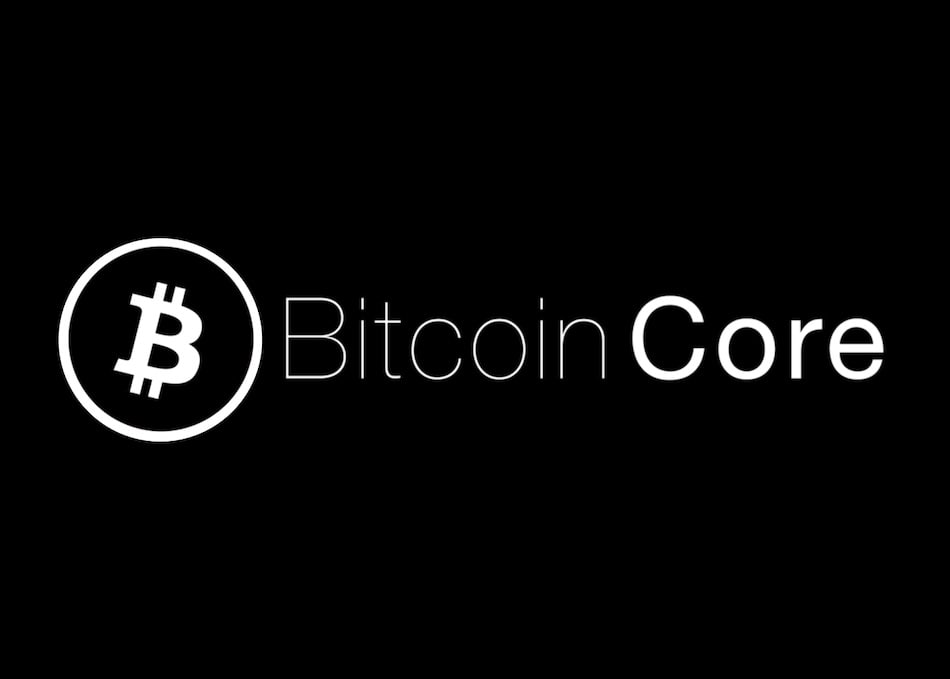
Bitcoin Core developers have released the major v30 update, introducing significant changes to node architecture, performance, and privacy.
The most contentious update is the increase of the OP_RETURN data limit from 80 to 100,000 bytes, allowing much larger amounts of non-financial data to be embedded in transactions.
New privacy and node features
Alongside the OP_RETURN increase, v30 adds the option for encrypted connections between nodes, aiming to enhance privacy across the Bitcoin network.
With this release, versions 27.x and older have reached end-of-life and will no longer receive updates, according to the official announcement.
Community debate over data limits
The expanded OP_RETURN capacity has divided the community.
Supporters, such as Ark Labs’ Alex Bergeron and Satoshi Labs’ Pavol Rusnak, argue the change enables more powerful decentralized applications and reflects strong engineering decisions.
Bergeron commented via X that he intends “to use all of the additional OP_RETURN space and WILL use it to make Bitcoin more like Ethereum, except better.”
Critics, however, warn the change could lead to blockchain bloat, higher node operation costs, and legal exposure. Noted cryptographer Nick Szabo advised:
“As a (hopefully) temporary measure, run Knots. I strongly recommend not upgrading to Core v30.”
Node operators seek alternatives
A significant share of node operators have switched to using the alternative Knots software to enforce stricter data size limits, with BitRef data showing over 5,100 Knots nodes, or 21.5% of the network.
Szabo has also raised concerns about the risk of hosting illegal data, stating that without safeguards, archival node operators could face criminal liability.
Echoes of the block size wars
This debate recalls the block size wars of 2017, which resulted in a contentious split and the creation of Bitcoin Cash.
While the current update is not a protocol-level change, it reignites questions about Bitcoin’s core use case and the balance between innovation and network integrity.



